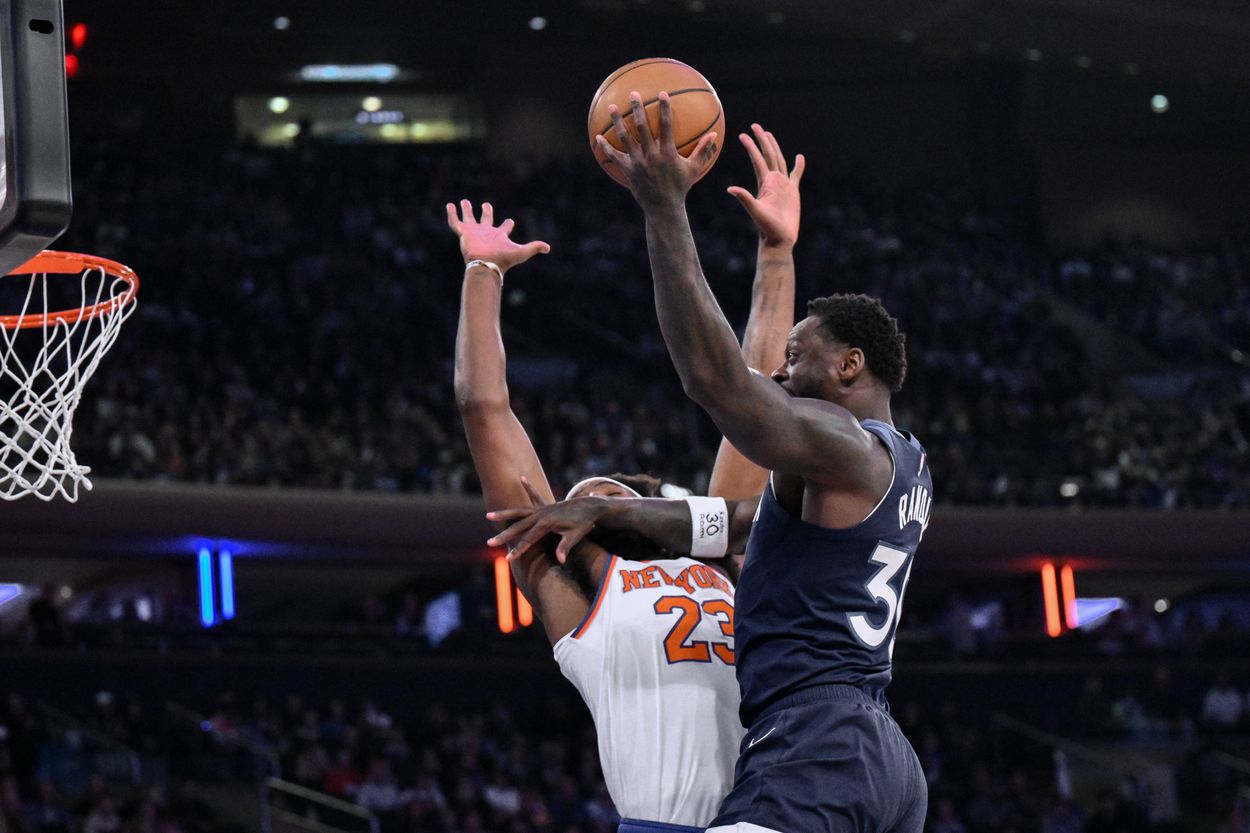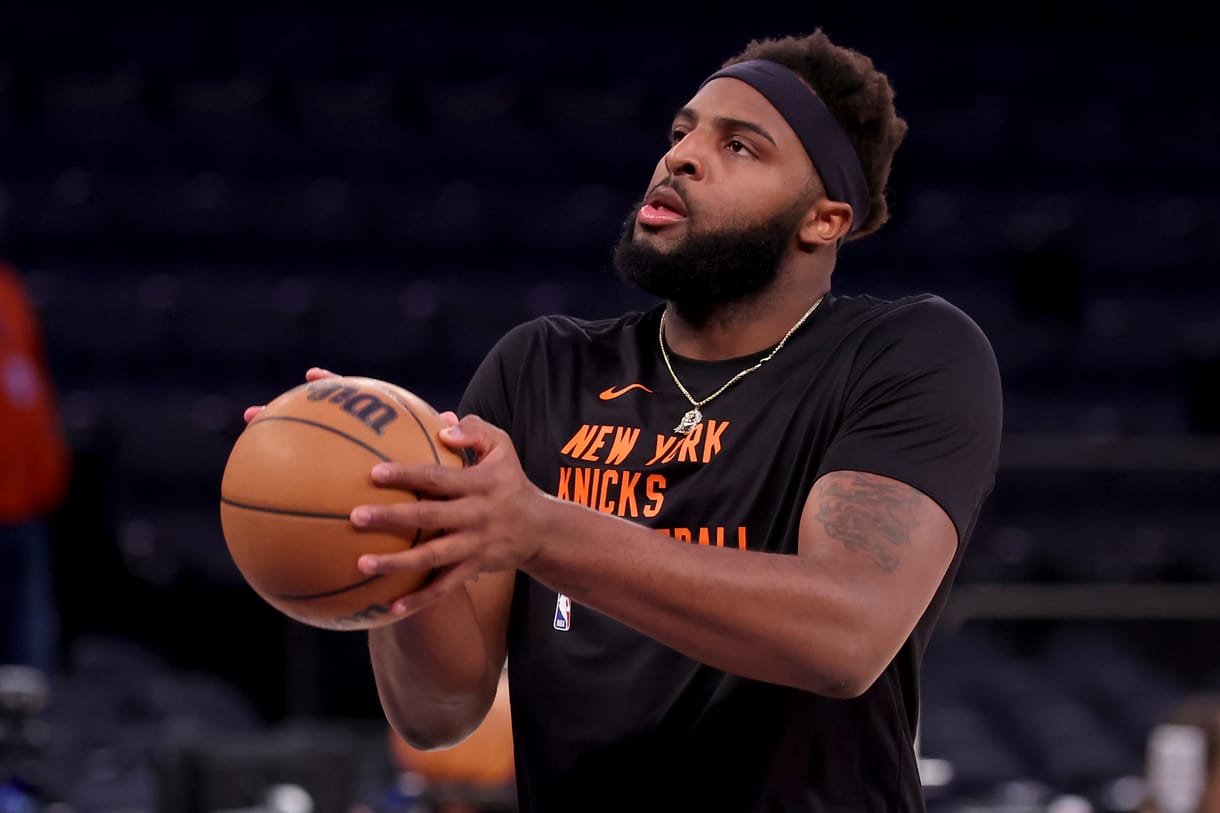
The New York Knicks haven’t even tipped off yet, and the conversation has already shifted to who’s not playing.
Mitchell Robinson, the team’s defensive anchor, could miss the season opener due to “load management.” It’s a decision that sounds confusing on the surface. Robinson hasn’t logged a single minute of regular-season basketball this year, and yet, rest appears to be the priority before the first whistle even blows.
A cautious start that raises eyebrows
New head coach Mike Brown and the Knicks have made it clear they intend to manage Robinson’s playing time carefully. The logic is understandable. Robinson’s body has betrayed him in recent years — a cycle of injuries that’s derailed his momentum and kept him from sustaining his best form.
Still, the optics of sitting him before Game 1 are odd. It feels like loading the car with gas and then deciding not to drive it just yet. Fans and analysts alike can appreciate the long-term mindset, but it’s hard to ignore the irony of “load management” when there hasn’t been any actual load.
Brown’s strategy to protect his center
Mike Brown’s plan for Robinson centers on one simple principle: preservation. The Knicks don’t need him to play 70 games. They need him healthy when the postseason arrives. That means lighter workloads, more rest nights, and a deeper rotation at the center position to share the burden.

Guerschon Yabusele and Ariel Hukporti will likely absorb many of those minutes. Yabusele, a physical and efficient forward, offers a blend of energy and rebounding presence. Hukporti, entering his second season, brings rim protection and length — traits that align with what Robinson typically provides.
Neither will replicate his impact completely, but together they can help bridge the gap during his managed absences.
Finding rhythm without the anchor
For a team with championship aspirations, adjusting to life without its defensive foundation — even temporarily — isn’t easy. Robinson changes the way opponents attack the rim and allows New York’s perimeter defenders to play more aggressively. Without him, Brown’s rotations may rely on collective effort rather than a single shot-blocking presence.
The Knicks will need to strike a balance early — keeping Robinson fresh without disrupting chemistry or momentum. Managing minutes in February makes sense. Doing it in October feels premature, but if it prevents another midseason breakdown, the decision might age well.
Mitchell Robinson is vital to everything the Knicks want to be. The only question is whether protecting him from the start helps him finish where New York needs him most — in May and June.
